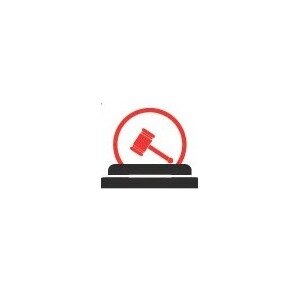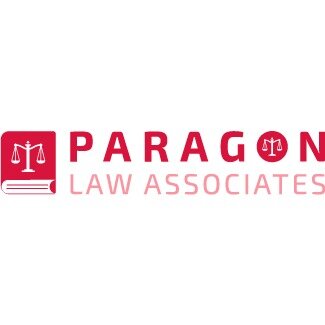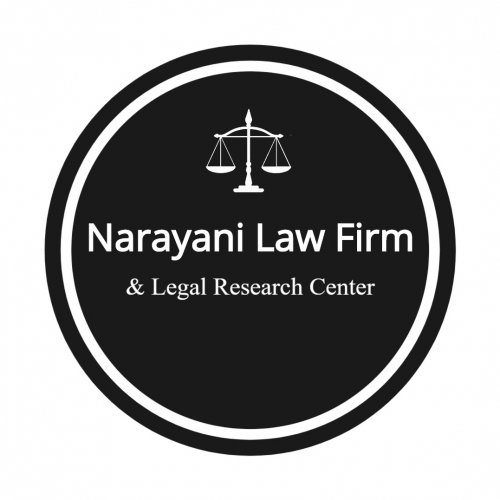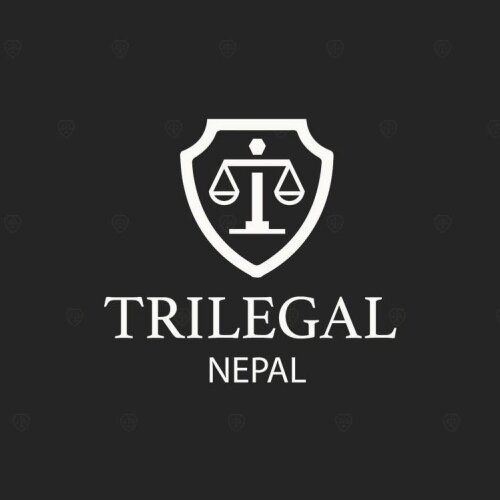Best Lawsuits & Disputes Lawyers in Kathmandu
Share your needs with us, get contacted by law firms.
Free. Takes 2 min.
List of the best lawyers in Kathmandu, Nepal
About Lawsuits & Disputes Law in Kathmandu, Nepal
The legal framework surrounding lawsuits and disputes in Kathmandu, Nepal, is rooted in the country's broader judicial system, which is a mix of civil, common, and statutory law. The legal processes are structured to encourage resolution through negotiation and mediation before proceeding to formal litigation. Major dispute sectors include commercial disputes, property issues, family disputes, and employment conflicts. The judiciary in Kathmandu consists of various courts, with the Supreme Court being the highest authority, followed by appellate and district courts which handle various legal disputes.
Why You May Need a Lawyer
Legal issues can be complex and overwhelming, especially for those unfamiliar with the judicial process. Common situations where individuals might seek a lawyer in Kathmandu include:
- Business disputes involving contracts or commercial relationships.
- Property rights and land disputes which are prevalent and often intricate.
- Family law matters such as divorce, child custody, or inheritance issues.
- Employment disputes related to wrongful termination or labor rights.
- Criminal defense against any allegations that may lead to lawsuits.
- Dispute resolution through negotiation, mediation, or arbitration.
Local Laws Overview
In Kathmandu, the legal system adheres to the legal codes established by the Constitution of Nepal. Key aspects include:
- The Muluki Civil Code, which governs civil matters such as family, property, and contractual disputes.
- The Criminal Code, dealing with offenses and the penalties applicable for criminal behavior.
- Mediation and arbitration laws that provide alternative dispute resolution mechanisms.
- The role of the District and High Courts in adjudicating legal matters, with the Supreme Court serving as the final arbiter.
- The adoption of international laws to some extent, enabling conformity with global legal standards.
Frequently Asked Questions
What types of disputes can be resolved through mediation in Nepal?
Mediation is commonly used to resolve commercial, family, and some civil disputes, providing a cost-effective and quicker path to resolution.
How long does it typically take to resolve a lawsuit in Kathmandu?
Resolution time can vary significantly, from a few months for straightforward cases, to several years for complex disputes. Court backlog can also impact timelines.
Can foreigners file lawsuits in Kathmandu, Nepal?
Yes, foreigners are allowed to file lawsuits, typically in accordance with international treaties and domestic legal provisions governing foreign entities.
What is the cost of hiring a lawyer in Kathmandu?
The cost can vary greatly depending on the lawyer's experience, the complexity of the case, and the time required. Initial consultations may incur separate fees.
Are court decisions in Kathmandu made by a jury or a judge?
Nepal's legal system does not use juries; decisions are made by judges in accordance with applicable laws and legal precedents.
What are the chances of winning a lawsuit in Kathmandu?
The outcome depends on the specifics of the case, the evidence presented, and adherence to procedural requirements. A legal professional can provide a more accurate assessment.
Is it possible to appeal a court decision in Nepal?
Yes, rulings can generally be appealed in higher courts, such as from District Courts to High Courts, and ultimately to the Supreme Court.
What languages are used in court proceedings in Kathmandu?
Nepali is the primary language used in legal proceedings, though translation services may be available for non-Nepali speakers.
How do I know if I should pursue legal action?
Consulting with a legal professional can help determine if legal action is advisable based on your situation and potential outcomes.
Are alternative dispute resolution methods encouraged in Nepal?
Yes, methods like mediation and arbitration are promoted as efficient, effective alternatives to traditional litigation.
Additional Resources
For those seeking additional help or information about legal disputes in Kathmandu, the following resources may be useful:
- The Nepal Bar Association: Offers resources and directories for finding legal practitioners.
- The Judicial Council of Nepal: Provides information about the Nepalese judiciary system.
- Mediation Service Centers: Various centers provide mediation services to help resolve disputes amicably.
- The Ministry of Law, Justice, and Parliamentary Affairs: Offers legislative information and updates on legal reforms.
Next Steps
If you find yourself involved in a legal dispute in Kathmandu and require assistance, consider these steps:
- Conduct research to identify lawyers with expertise relevant to your legal issue.
- Schedule consultations to discuss your case, potential strategies, and associated costs.
- Gather all documentation related to your case to present a comprehensive view to your lawyer.
- Consider mediation or arbitration if advised, as these can be quicker and less adversarial than litigation.
- Follow your lawyer’s guidance carefully, and remain active in the process to ensure the best possible outcome.
Lawzana helps you find the best lawyers and law firms in Kathmandu through a curated and pre-screened list of qualified legal professionals. Our platform offers rankings and detailed profiles of attorneys and law firms, allowing you to compare based on practice areas, including Lawsuits & Disputes, experience, and client feedback.
Each profile includes a description of the firm's areas of practice, client reviews, team members and partners, year of establishment, spoken languages, office locations, contact information, social media presence, and any published articles or resources. Most firms on our platform speak English and are experienced in both local and international legal matters.
Get a quote from top-rated law firms in Kathmandu, Nepal — quickly, securely, and without unnecessary hassle.
Disclaimer:
The information provided on this page is for general informational purposes only and does not constitute legal advice. While we strive to ensure the accuracy and relevance of the content, legal information may change over time, and interpretations of the law can vary. You should always consult with a qualified legal professional for advice specific to your situation.
We disclaim all liability for actions taken or not taken based on the content of this page. If you believe any information is incorrect or outdated, please contact us, and we will review and update it where appropriate.
Browse lawsuits & disputes law firms by service in Kathmandu, Nepal
Kathmandu, Nepal Attorneys in related practice areas.

















